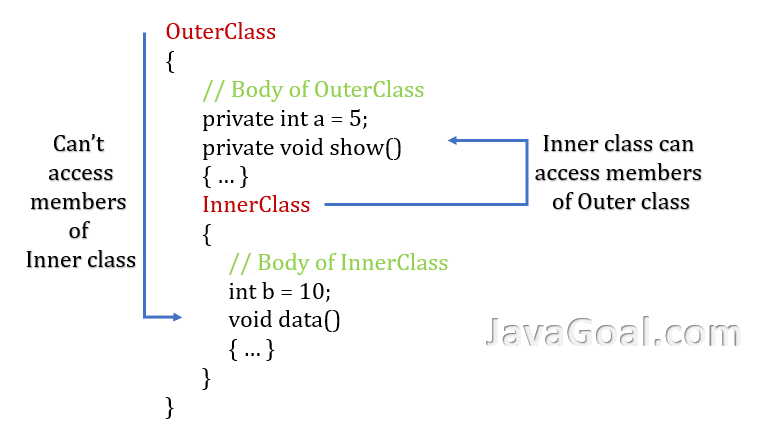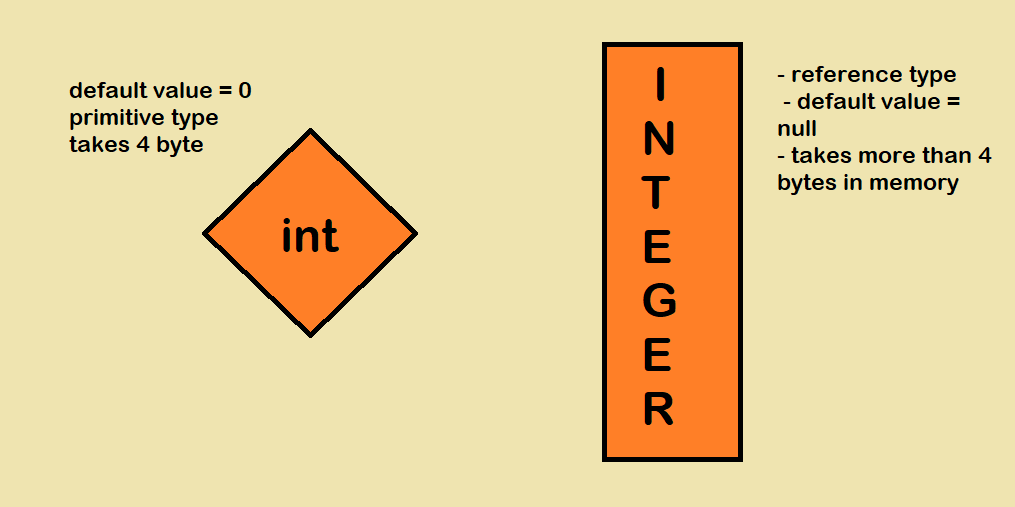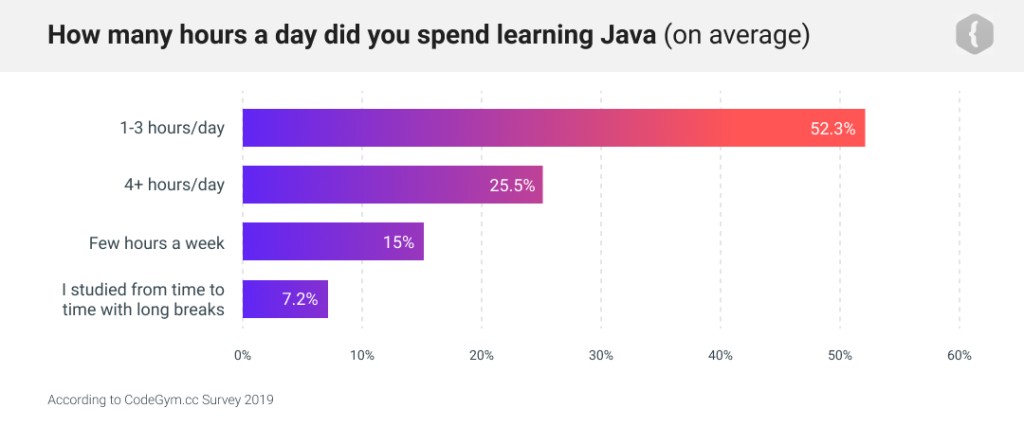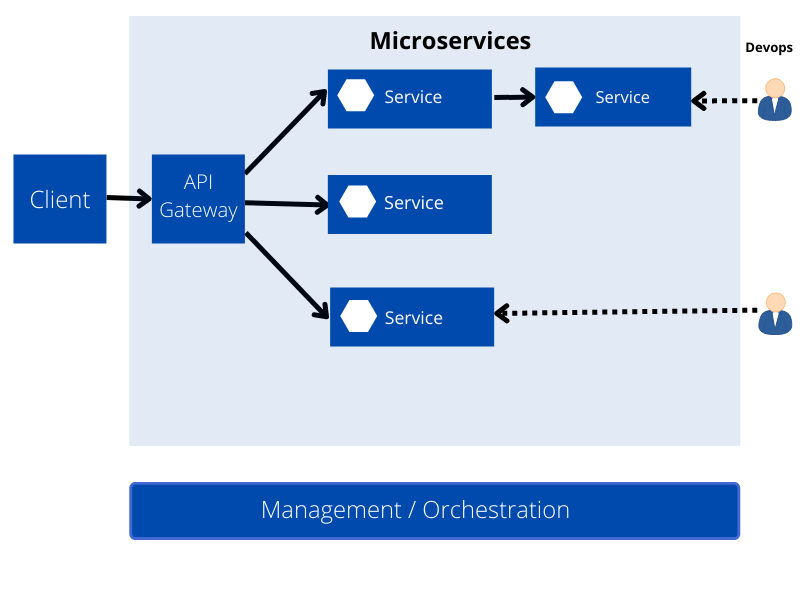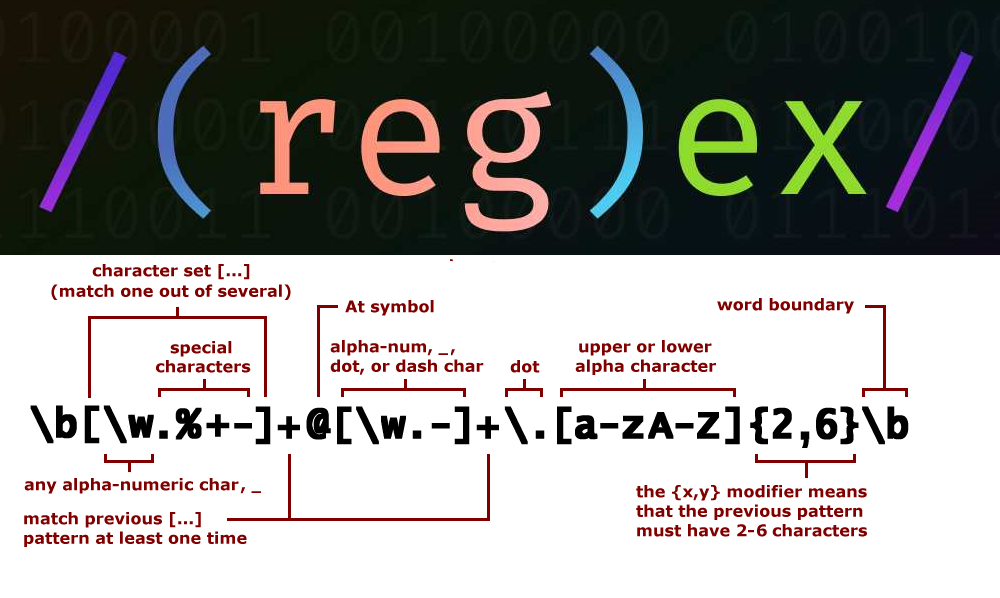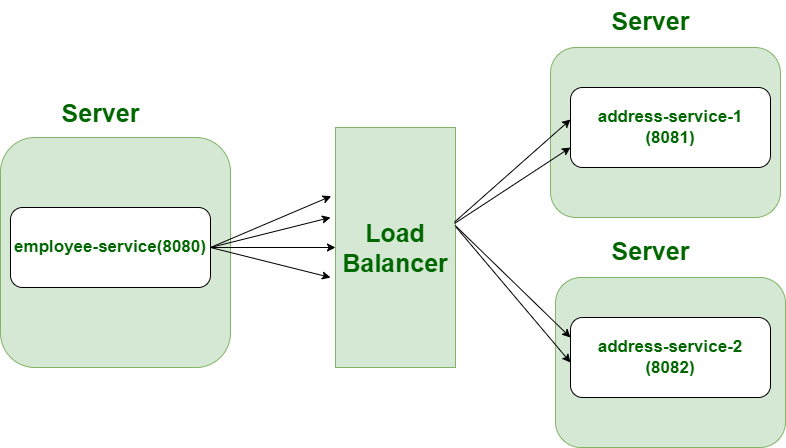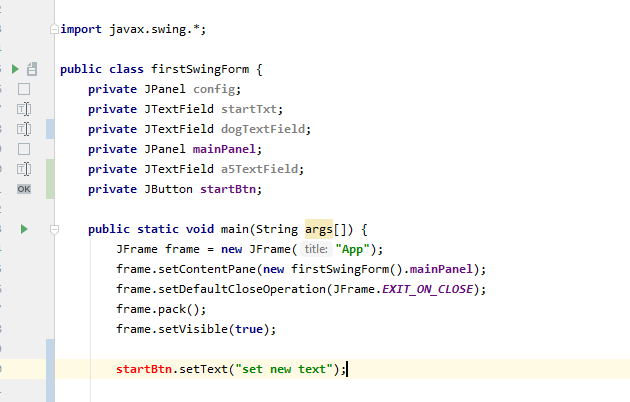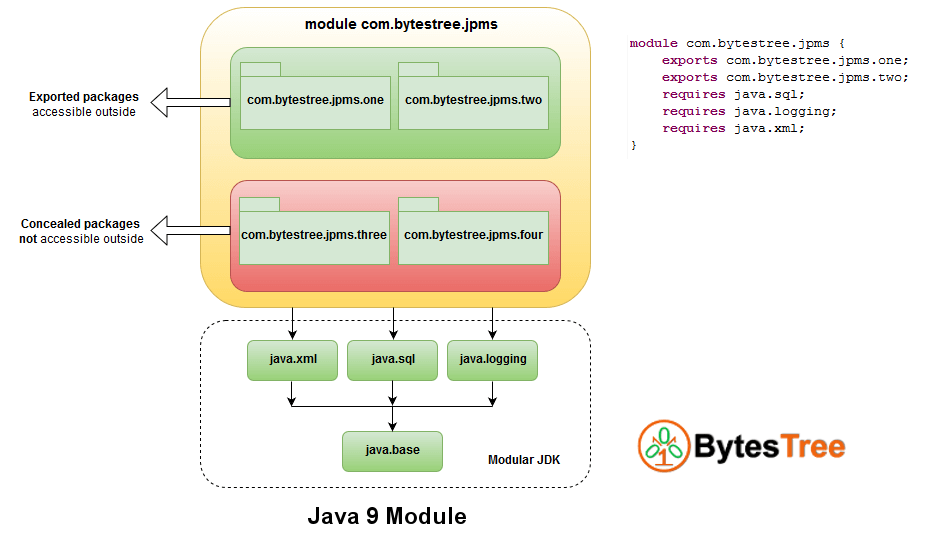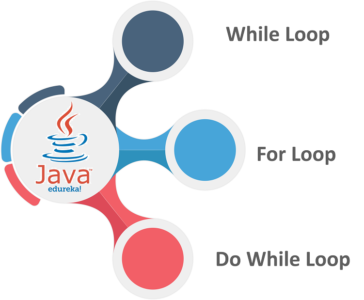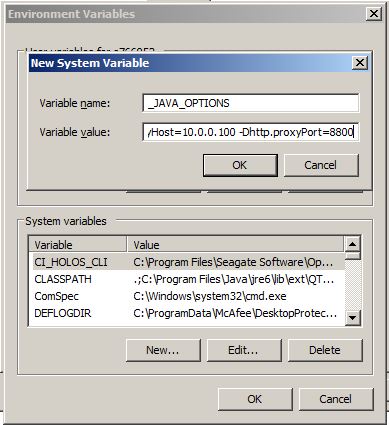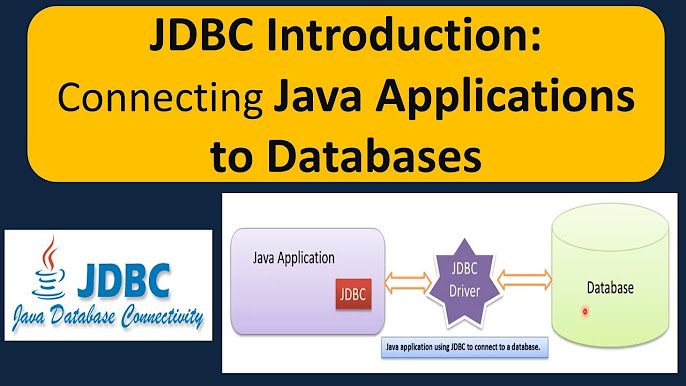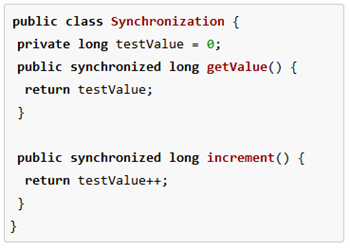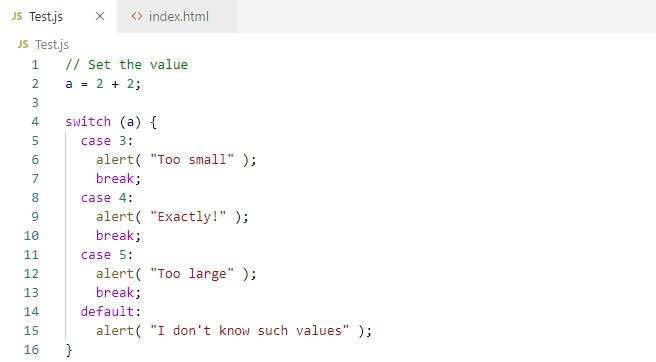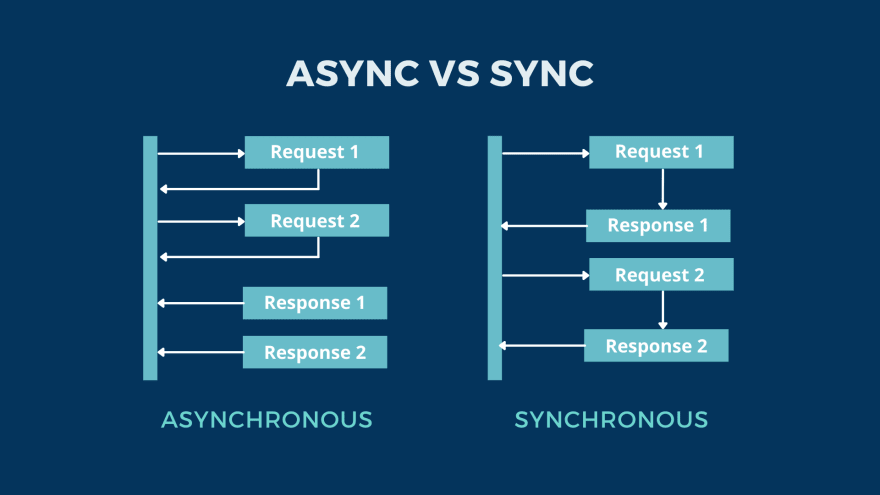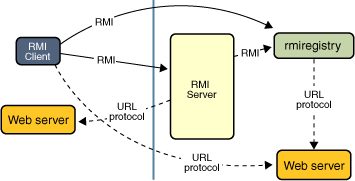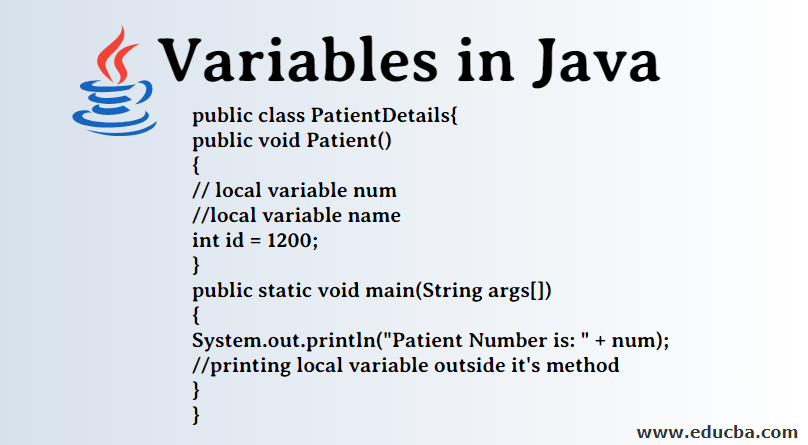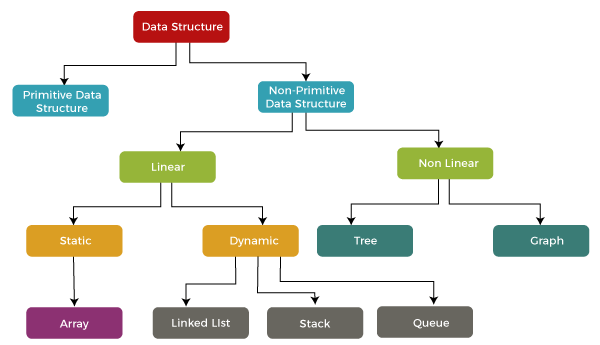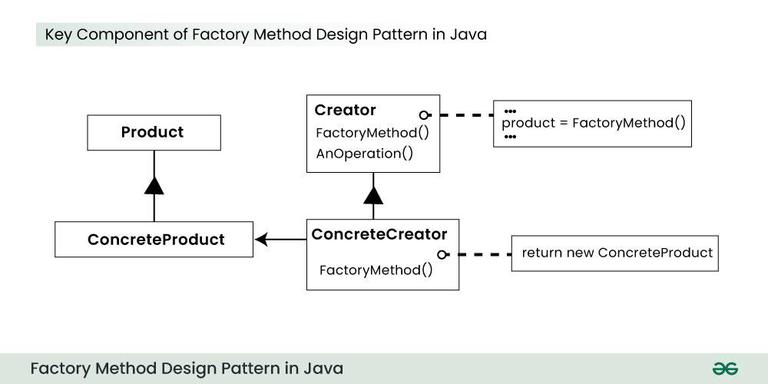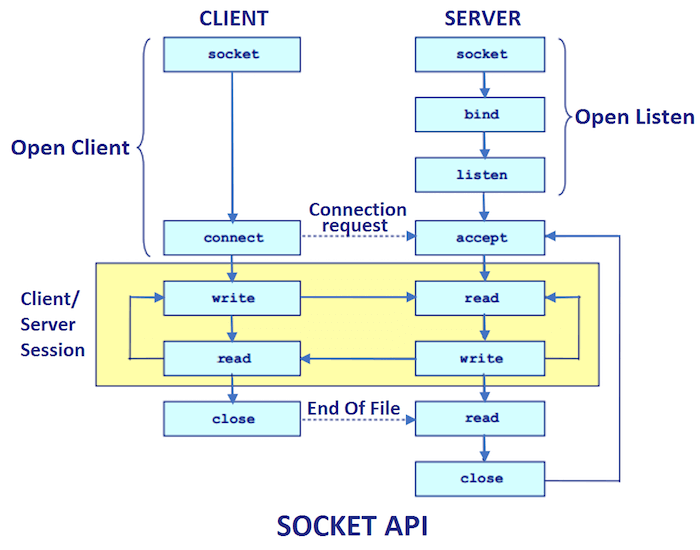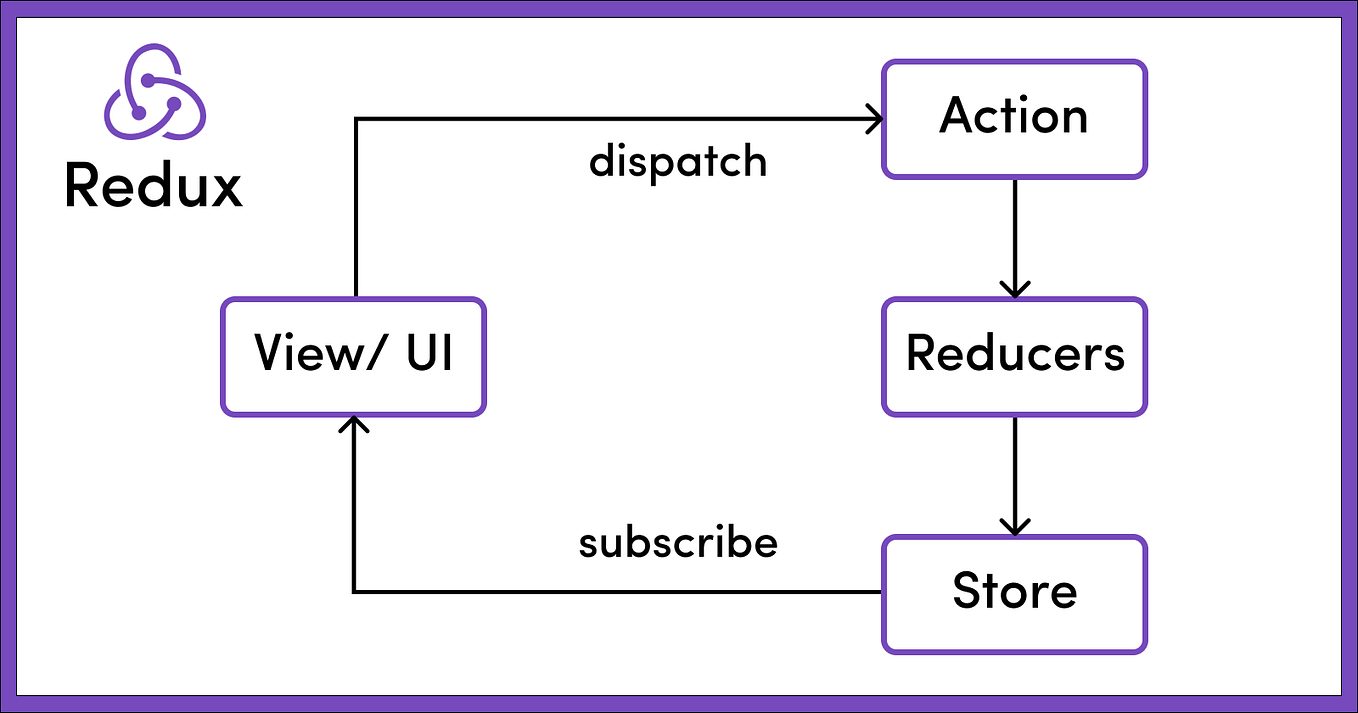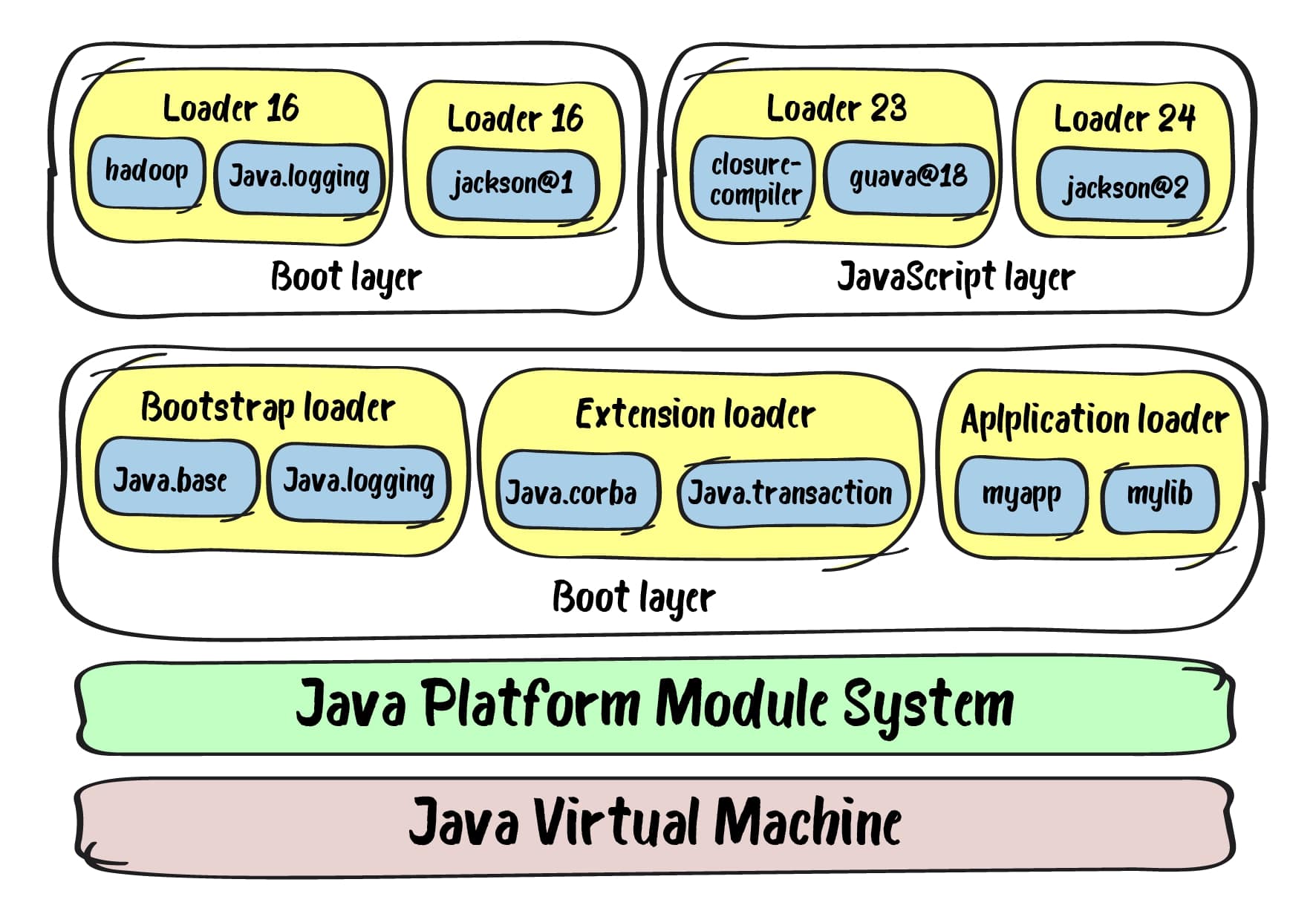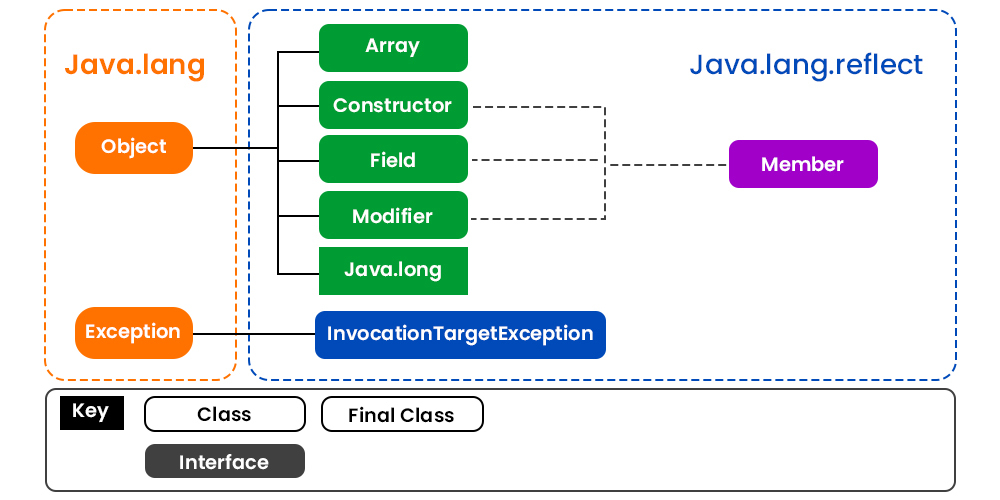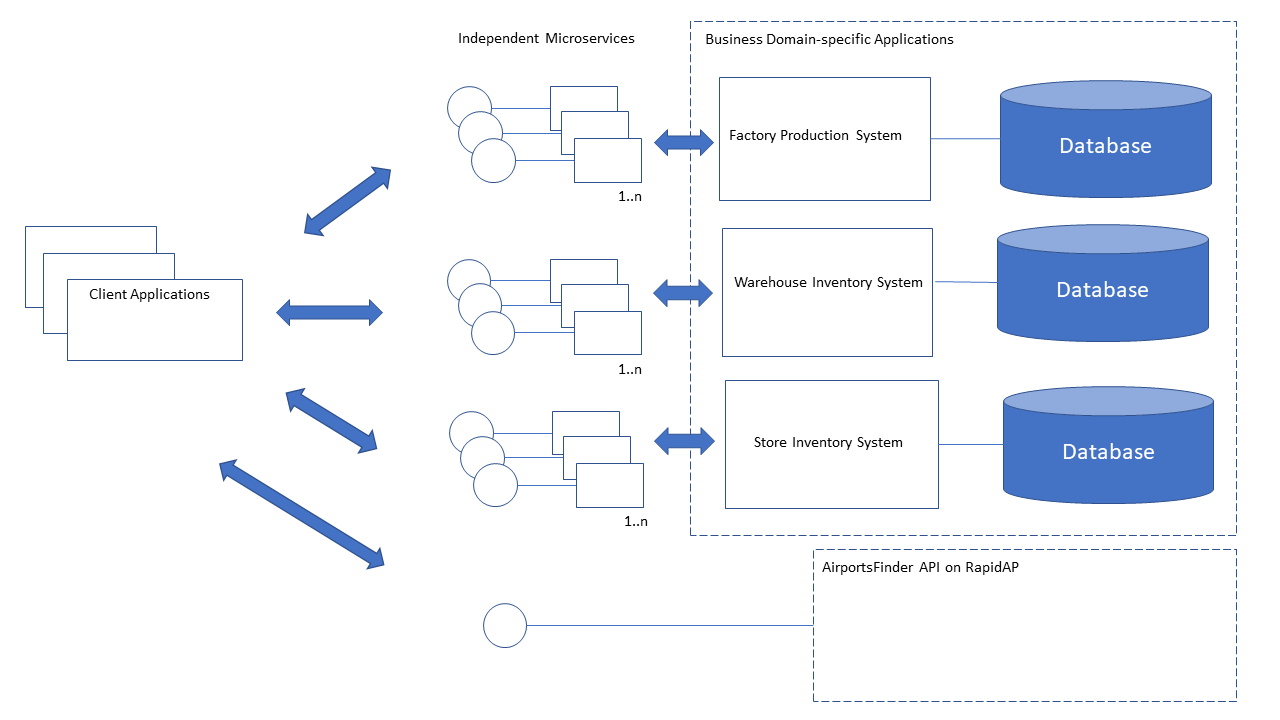How to call non static object from static method in Java?
How to call non static object from static method in Java?
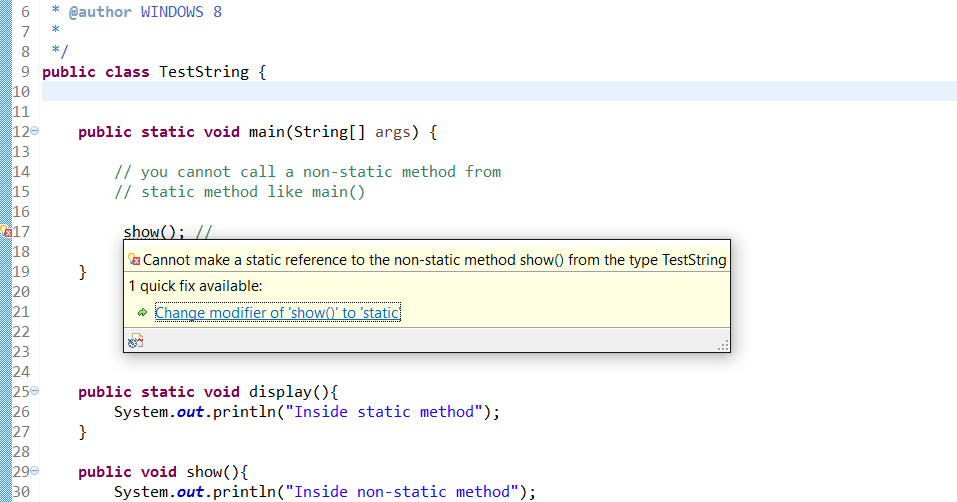
I'd be happy to help!
In Java, when you create a non-static object within a static method, it can seem counterintuitive because the static method is not associated with any instance of the class, yet you're trying to instantiate an object. This might lead you to wonder how to call non-static objects from static methods.
To understand this better, let's dive deeper into what static and non-static mean in Java:
Static Methods:
A static method belongs to a class itself, not to any instance of the class. You can access a static method without creating an instance of the class (using theClassname.methodName() syntax). Static methods can only access other static members (variables and methods) within that same class.
Non-Static Objects:
A non-static object is an instance of a class, which has its own set of attributes (fields) and behaviors (methods). You need to create an instance of the class using thenew keyword before you can access its non-static members. Non-static objects have their own state, which means each instance has its own unique values for fields.
Now, when you try to call a non-static object from within a static method, Java won't allow it. The reason is that the static method doesn't belong to any specific instance of the class, so you can't access an object that belongs to another instance (or no instance at all). Think of it like trying to borrow something from someone without having any connection with them.
However, there are workarounds:
Create and return an instance: You can create a new instance within your static method and then return it. This way, the object is tied to the specific method execution and will be garbage-collected once the method finishes.public class MyClass {
public static MyObject myStaticMethod() {
MyObject obj = new MyObject();
// use or pass obj as needed
return obj;
}
}
factory method within your class that returns an instance of the desired object type. This way, you can create objects without having to access non-static members.
public class MyClass {
public static MyObject getMyObject() {
return new MyObject();
}
}
In summary:
Static methods cannot directly access non-static objects because they belong to different scopes (class vs instance). To work around this limitation, you can create and return an instance from a static method or use a factory method to generate instances.I hope this helps clarify things!
Method invoke Java Reflection
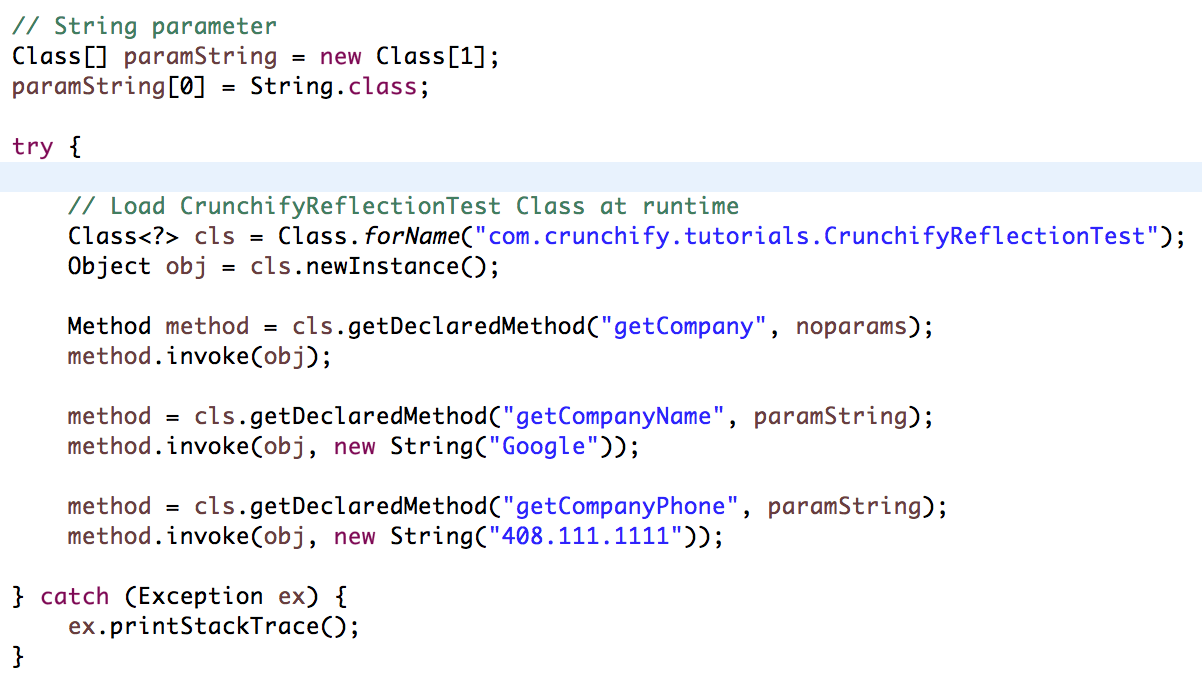
I'm happy to respond in English!
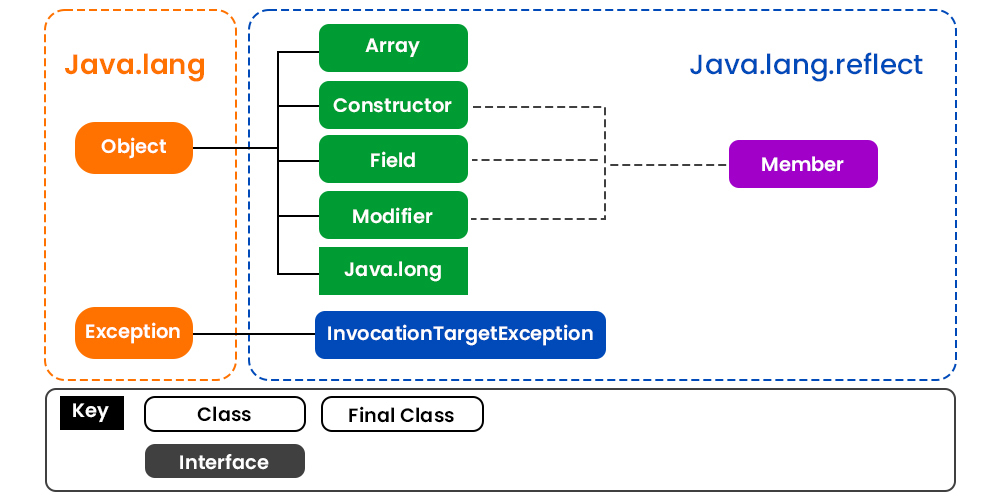
Java reflection is a powerful feature that allows you to manipulate and interact with your Java program's objects at runtime. Using Java reflection, you can do things like:
Invoke methods: You can call a method on an object without knowing its name ahead of time. For example, you could write a generic method that takes the name of a method as a parameter, and then use reflection to invoke that method. Get and set field values: You can access and modify the private fields of an object using reflection. This is useful for cases where you need to interact with an object's internal state. Create objects: Reflection allows you to create instances of classes without knowing their names ahead of time. Modify class behavior: You can use reflection to add or remove methods from a class at runtime.Here's some sample code that demonstrates how to use Java reflection to invoke a method:
import java.lang.reflect.Method;
public class ReflectionExample {
public static void main(String[] args) throws Exception {
// Create an instance of the class we want to reflect on
MyClass myObject = new MyClass();
// Get the method we want to invoke using reflection
Method myMethod = myObject.getClass().getMethod("myMethod", String.class);
// Invoke the method, passing in a string argument
Object result = myMethod.invoke(myObject, "hello");
System.out.println(result);
}
}
class MyClass {
public void myMethod(String arg) {
System.out.println("Hello, " + arg + "!");
}
}
In this example, we create an instance of MyClass and then use reflection to get a reference to its myMethod method. We then invoke that method, passing in the string argument "hello".
Here's another example that shows how to use reflection to set the value of a private field:
import java.lang.reflect.Field;
public class ReflectionExample {
public static void main(String[] args) throws Exception {
// Create an instance of the class we want to reflect on
MyClass myObject = new MyClass();
// Get the private field we want to set using reflection
Field myField = myObject.getClass().getDeclaredField("myPrivateField");
// Set the value of the field
myField.set(myObject, "new value");
System.out.println(myObject.getMyPrivateField());
}
}
class MyClass {
private String myPrivateField;
public MyClass() {
myPrivateField = "initial value";
}
public String getMyPrivateField() {
return myPrivateField;
}
}
In this example, we create an instance of MyClass and then use reflection to get a reference to its private myPrivateField field. We then set the value of that field using the set method.
I hope these examples help illustrate how Java reflection can be used to interact with your program's objects at runtime!

